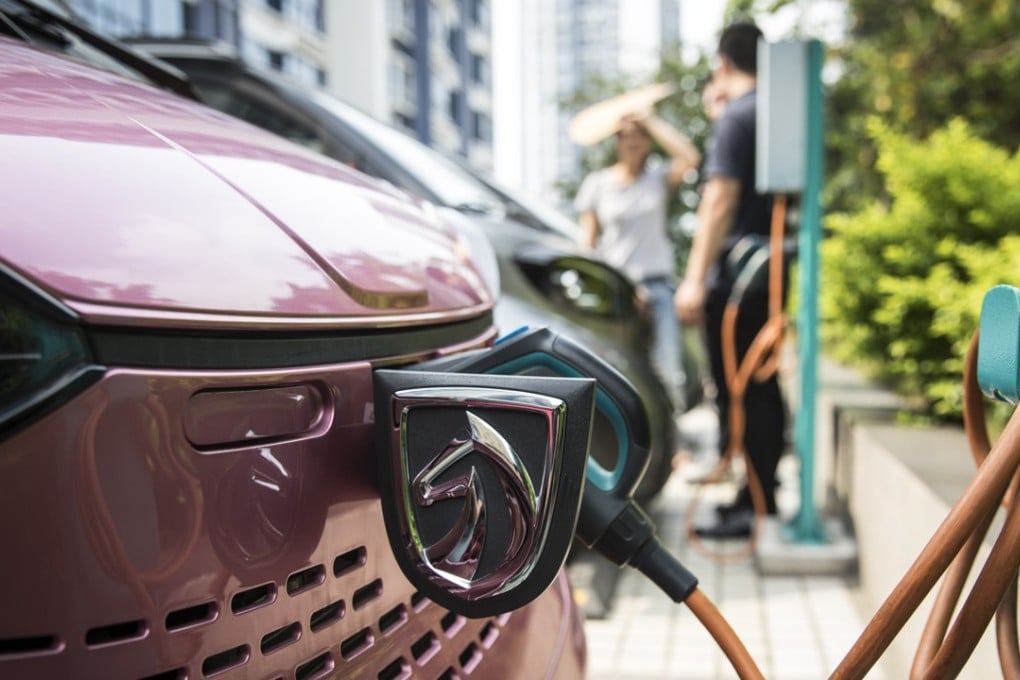Can China’s electric car market keep growing if Beijing pulls the plug on subsidies?
The government’s hand-holding is beginning to taper off, with subsidies set to end by 2020. It also plans to penalise carmakers that do not produce NEVs from next year

Brian Gu was at the pinnacle of his 14-year career at JPMorgan Chase & Co., when he left the investment bank to join a start-up, betting that he’ll make a difference in helping Xpeng Motors’ quest to take the EV brand to the world stage.
There’s reason for such optimism. McKinsey & Co said under the current growth trajectory, global EV sales would almost quadruple to 4.5 million units by 2020, accounting for 5 per cent of the light-vehicle market.
There’s reason for optimism in Xpeng, seeing that it has the financial banking by IDG, Morningside Venture Capital, GGV Capital and Alibaba Group Holdings, owner of this newspaper.
This week, China’s biggest property developer Evergrande Group paid US$854 million for a 45 per cent stake in a fledging electric vehicle (EV) maker co-founded by former internet star and now blacklisted debtor Jia Yueting.
While sceptics may question Evergrande Health Industry Group’s decision to lend support to Faraday Future, a Jia venture, there is broad market optimism for EVs globally, particularly in China which is the world’s biggest car market.
